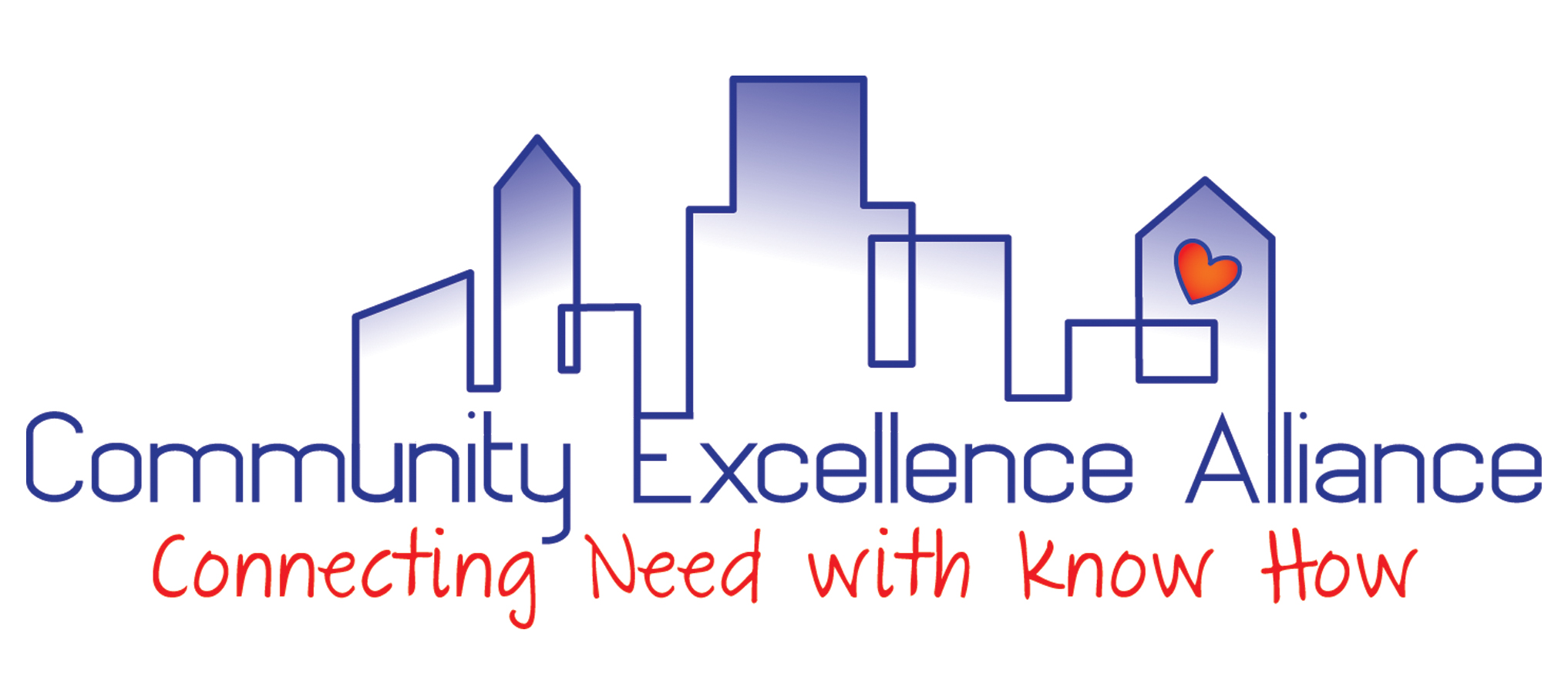CEA Showcase: Trinity Rescue Mission
One of our most fantastic stories is about our partnership with Trinity Rescue Mission (TRM), and increasing participation in their Lifeline program.
The Lifeline program within TRM is dedicated to assisting people making the transition from homeless living with dependency problems back to productive lives. The 90-day residential discipleship program provides a safe and sober environment to break the pattern of homelessness. Men who complete the program are candidates for Trinity’s Freedom Farm program, which addresses the root cause of addiction. Both programs have enjoyed a high success rate but had recently begun to experience a low enrollment rate. The TRM Executive Management team requested that a student project be designed to examine the root cause of low participation in the Lifeline program. At project start, Lifeline program participation was at an all-time low with 15 residents, while the farm (fed by Lifeline) was operating at 50% of capacity with only 20 residents. After careful study of the program organization and interviews with participants, the project team suggested policy and procedural changes. With TRM’s implementation of these improvements, participation in the Lifeline program increased to 75 residents that same year. In the three years since the project, the Lifeline program has maintained an average of 65 residents and the farm has operated at full capacity of 40 residents. The additional residents create a positive revenue stream of $180,000 per year for TRM via the Federal SNAP Program (food stamps), totaling an additional $540,000 of funding over three years. As a result, TRM has been able to get hundreds of men off the street, off food stamps, and into the labor force. The increased participation also had direct effect beyond TRM. TRM has arranged for the increase of residents in the Lifeline program to volunteer at the food bank as part of their rehabilitation. With the additional workers, the food bank is able to sort and distribute food faster decreasing spoilage. The residents have salvaged an estimated 1.8 million pounds of meat and produce valued at over $324,000 for the food bank and resulting in the generation of nearly 2.5 million more meals made available to feed the hungry, a value of roughly $2,500,000 to the Jacksonville community.


